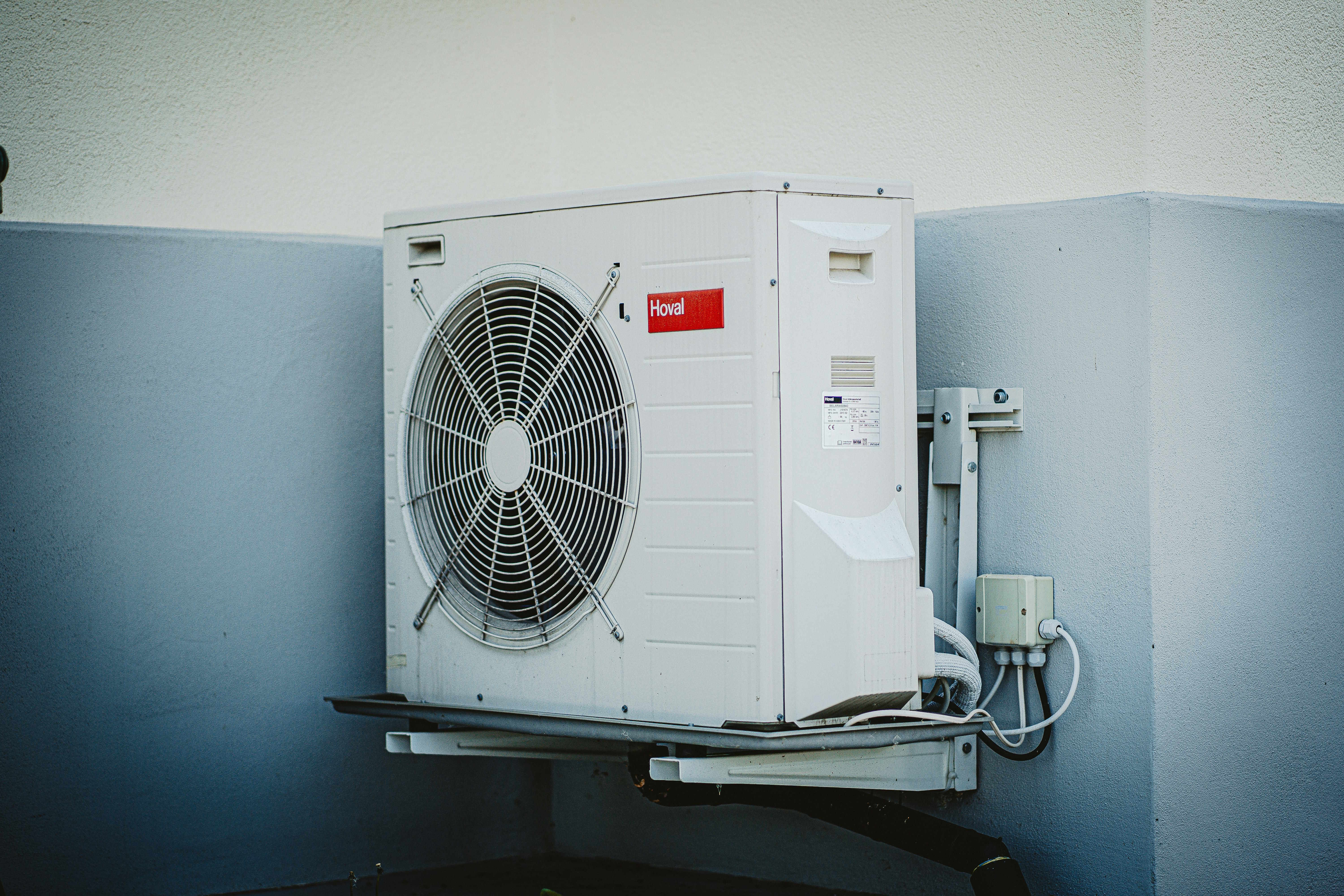HVAC Jobs in Canada – Careers with Regional Heating and Cooling Companies
In Canada, HVAC companies recruit workers for heating, ventilation, and cooling tasks across residential and commercial sites. Duties include scheduled maintenance, installation support, and safe equipment use. Regional and proximate companies coordinate structured workflows for teams nationwide.

What does a career in HVAC entail in Canada?
A career in HVAC in Canada involves working with heating, cooling, and ventilation systems in various settings. Professionals in this field may find themselves installing new systems, maintaining existing equipment, or troubleshooting issues in both residential and commercial properties. The work can be physically demanding and often requires a combination of technical knowledge and practical skills. HVAC technicians must stay updated on the latest technologies and energy-efficient solutions to meet the evolving needs of Canadian customers.
How can one enter the HVAC industry in Canada?
Entering the HVAC industry in Canada typically requires completing a recognized training program or apprenticeship. Many provinces offer apprenticeship programs that combine on-the-job training with classroom instruction. These programs usually take 3-5 years to complete and cover topics such as electrical systems, refrigeration principles, and safety protocols. Some educational institutions also offer diploma or certificate programs in HVAC technology, which can provide a foundation for entering the field.
What certifications are required for HVAC professionals in Canada?
Certifications play a crucial role in the HVAC industry across Canada. While requirements may vary by province, some common certifications include:
-
Gas Technician License: Required for working with natural gas and propane systems.
-
Refrigeration and Air Conditioning Mechanic Certificate: Necessary for handling refrigerants and working on cooling systems.
-
Red Seal Endorsement: A nationally recognized certification that allows HVAC professionals to work across provinces.
Additionally, specific certifications may be required for specialized areas such as geothermal systems or energy auditing.
What are the prospects for HVAC careers in different regions of Canada?
The demand for HVAC professionals can vary across different regions of Canada. Urban centers like Toronto, Vancouver, and Montreal often have a higher concentration of job opportunities due to their large populations and ongoing construction projects. However, smaller cities and rural areas also require HVAC services, particularly in regions with extreme weather conditions.
Northern regions may see increased demand for heating specialists, while areas with hot summers might have more opportunities in air conditioning installation and maintenance. Coastal regions might require professionals familiar with humidity control systems. It’s important for HVAC professionals to consider regional climate differences when seeking employment opportunities.
How does the HVAC industry in Canada address environmental concerns?
The HVAC industry in Canada is increasingly focused on sustainability and energy efficiency. This shift is driven by both environmental concerns and government regulations aimed at reducing carbon emissions. HVAC professionals are now expected to have knowledge of:
-
Energy-efficient HVAC systems
-
Smart home technologies for climate control
-
Alternative energy sources such as geothermal and solar thermal systems
-
Building automation systems for optimized energy use
This focus on sustainability creates opportunities for HVAC professionals who specialize in green technologies and energy-efficient solutions.
What skills are valued in the Canadian HVAC industry?
Success in the Canadian HVAC industry requires a combination of technical expertise and soft skills. Some key attributes valued by employers include:
-
Technical proficiency with various HVAC systems
-
Problem-solving abilities for diagnosing and repairing issues
-
Customer service skills for interacting with clients
-
Adaptability to new technologies and industry trends
-
Physical stamina for hands-on work
-
Safety consciousness and adherence to regulations
-
Basic computer skills for using diagnostic tools and management software
Continuous learning and staying updated on industry advancements are also crucial for long-term success in the field.
The HVAC industry in Canada offers a range of opportunities for skilled professionals across various regions. While specific job openings and hiring practices may vary, the field generally provides stable employment prospects due to the ongoing need for climate control systems in both residential and commercial settings. Those interested in pursuing a career in HVAC should focus on acquiring the necessary education, certifications, and skills to meet the evolving demands of the industry. As with any career path, it’s advisable to research current market conditions and consult with industry professionals or educational institutions for the most up-to-date information on employment opportunities in your specific region.




